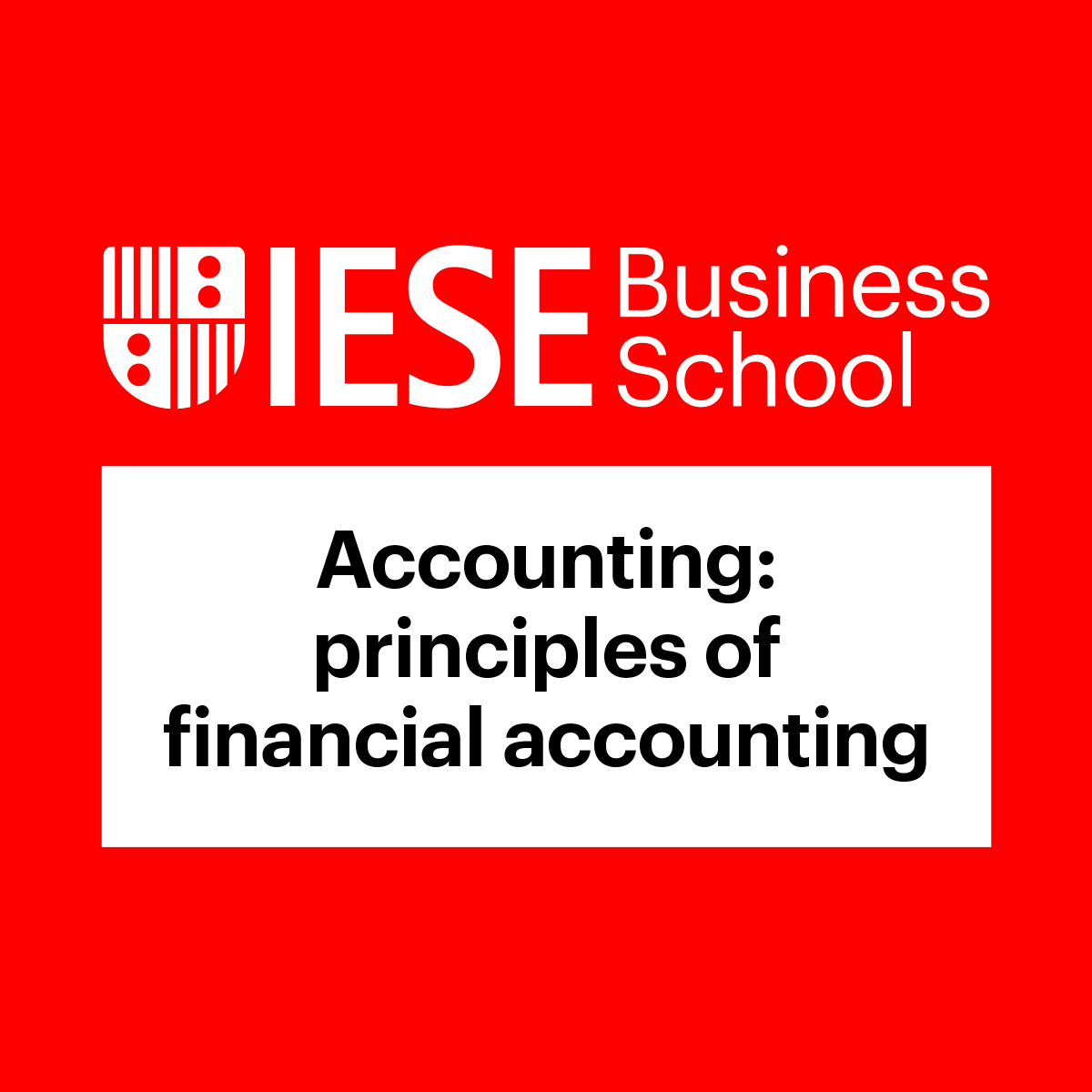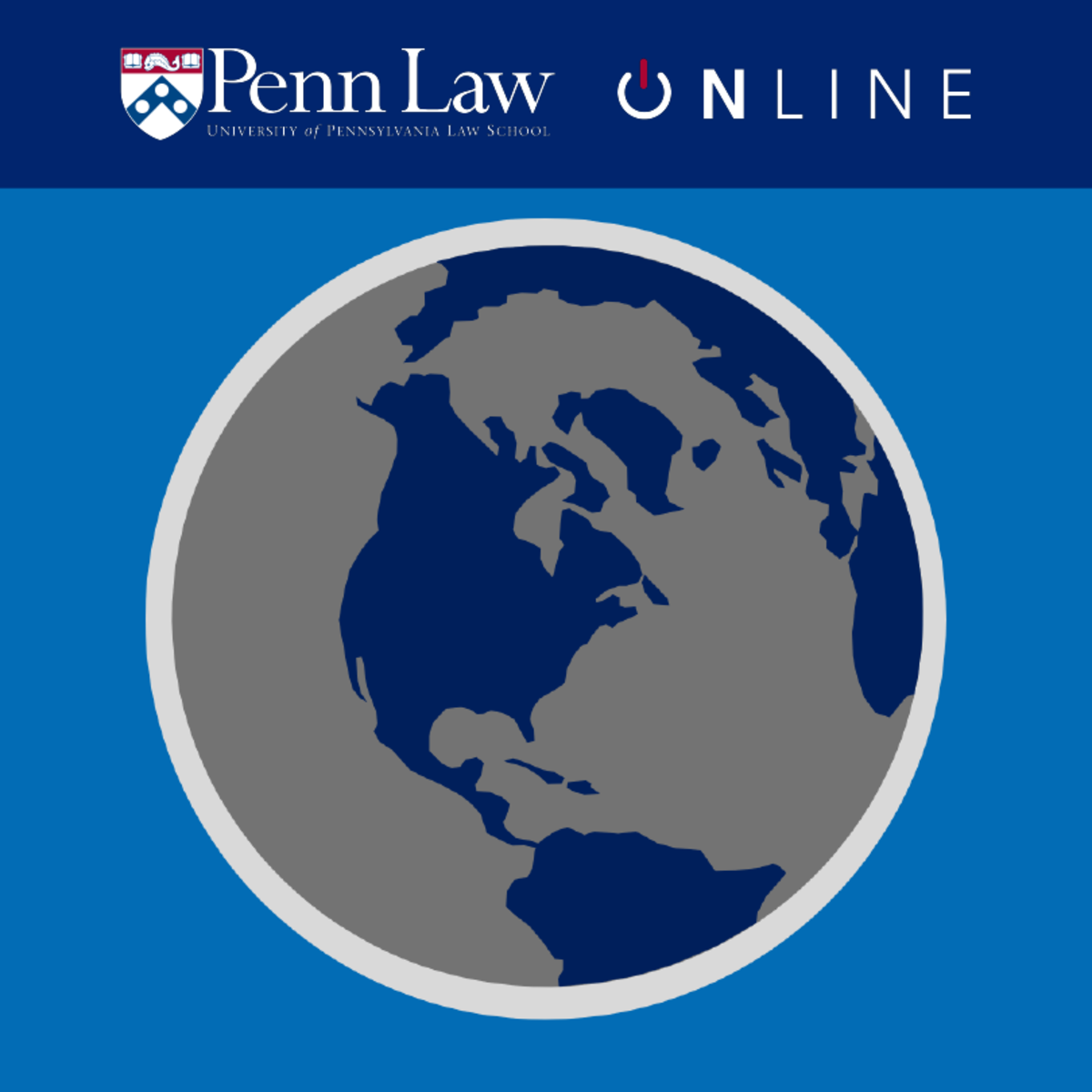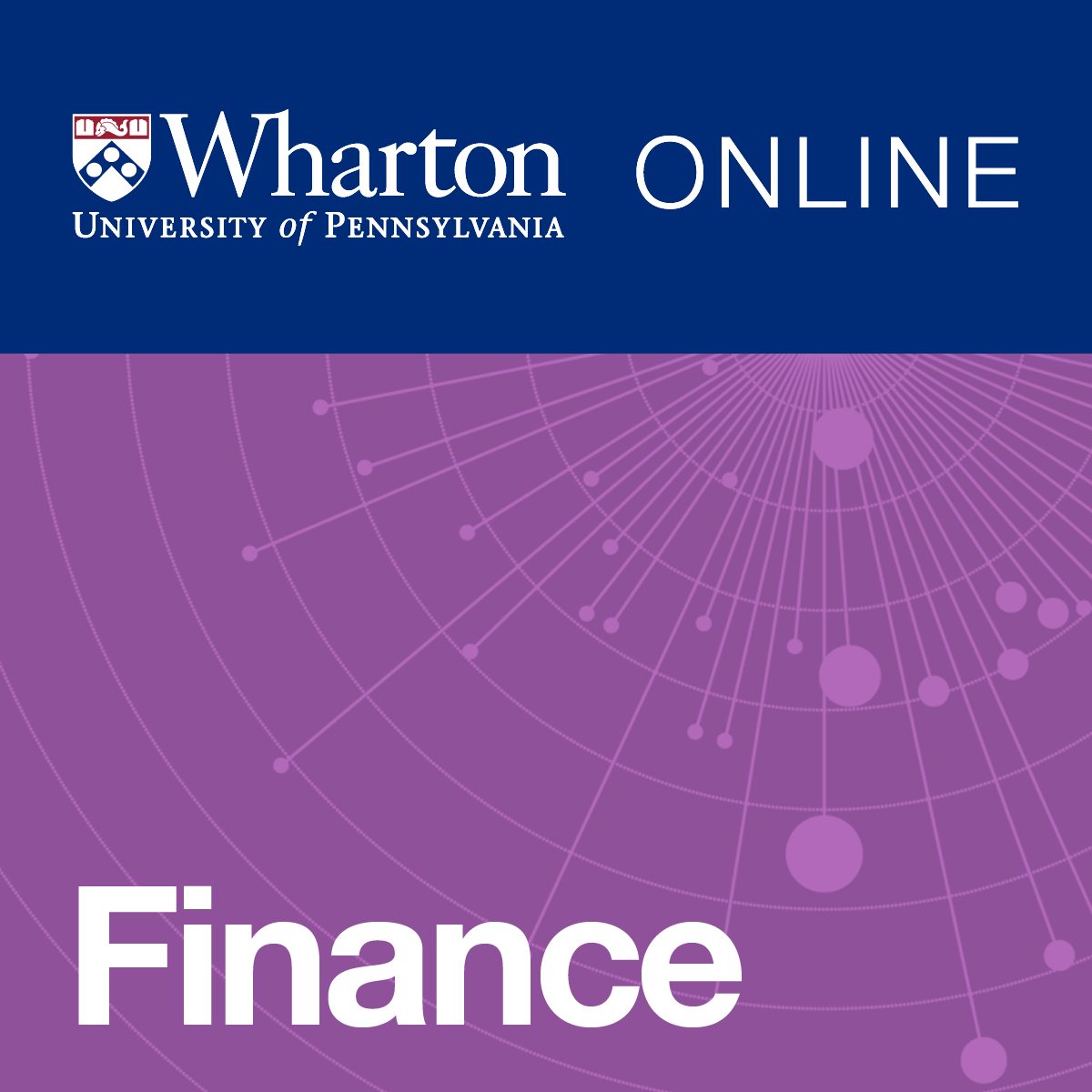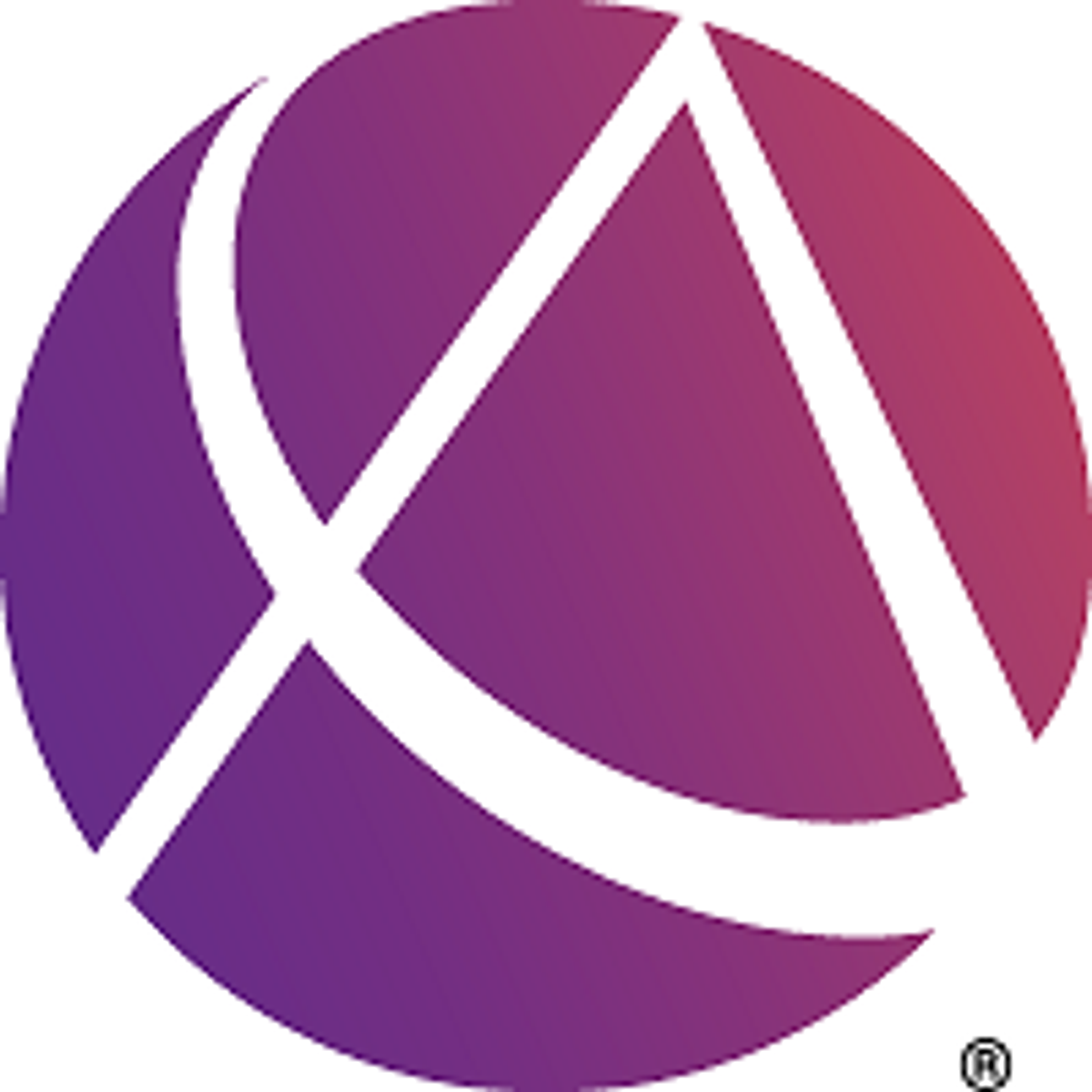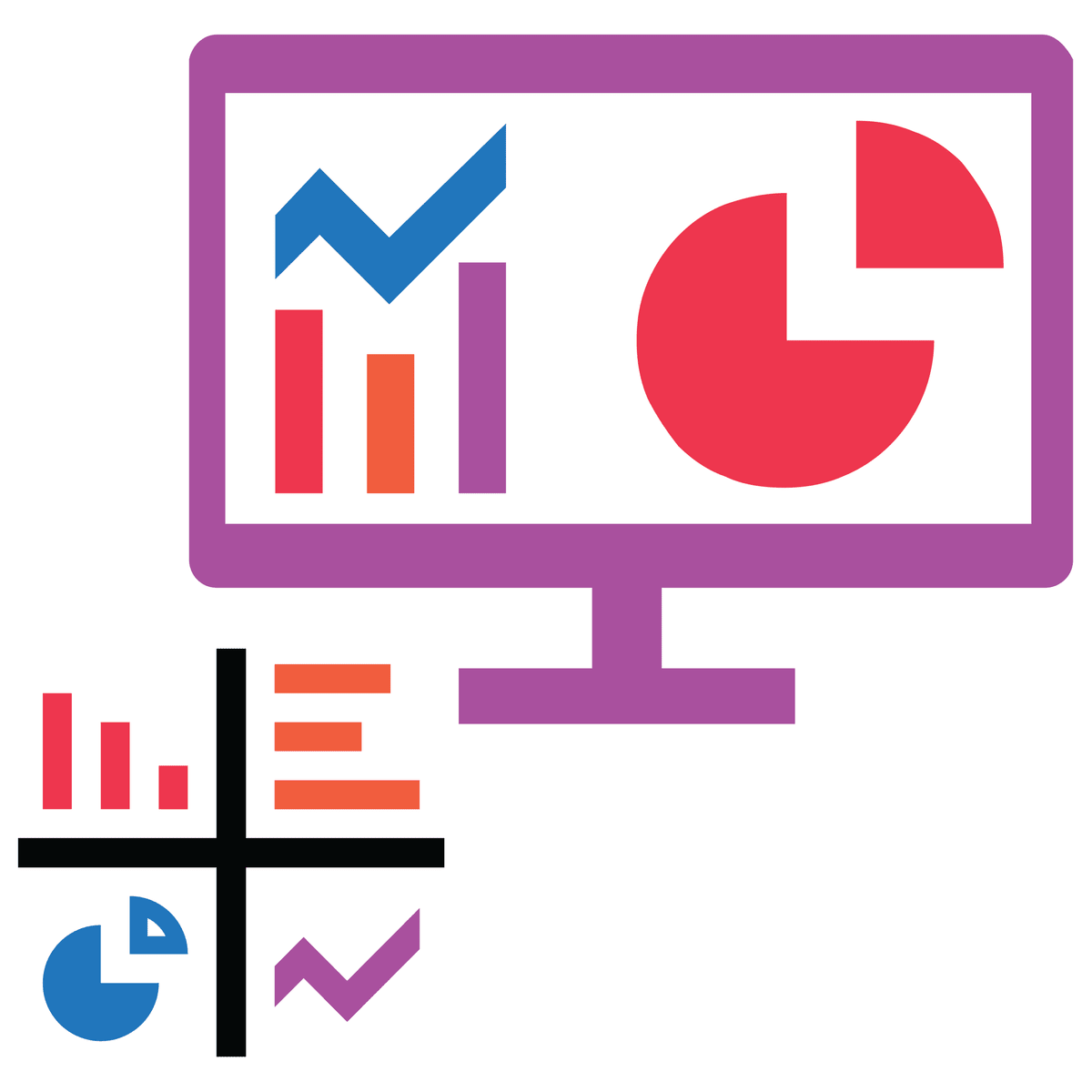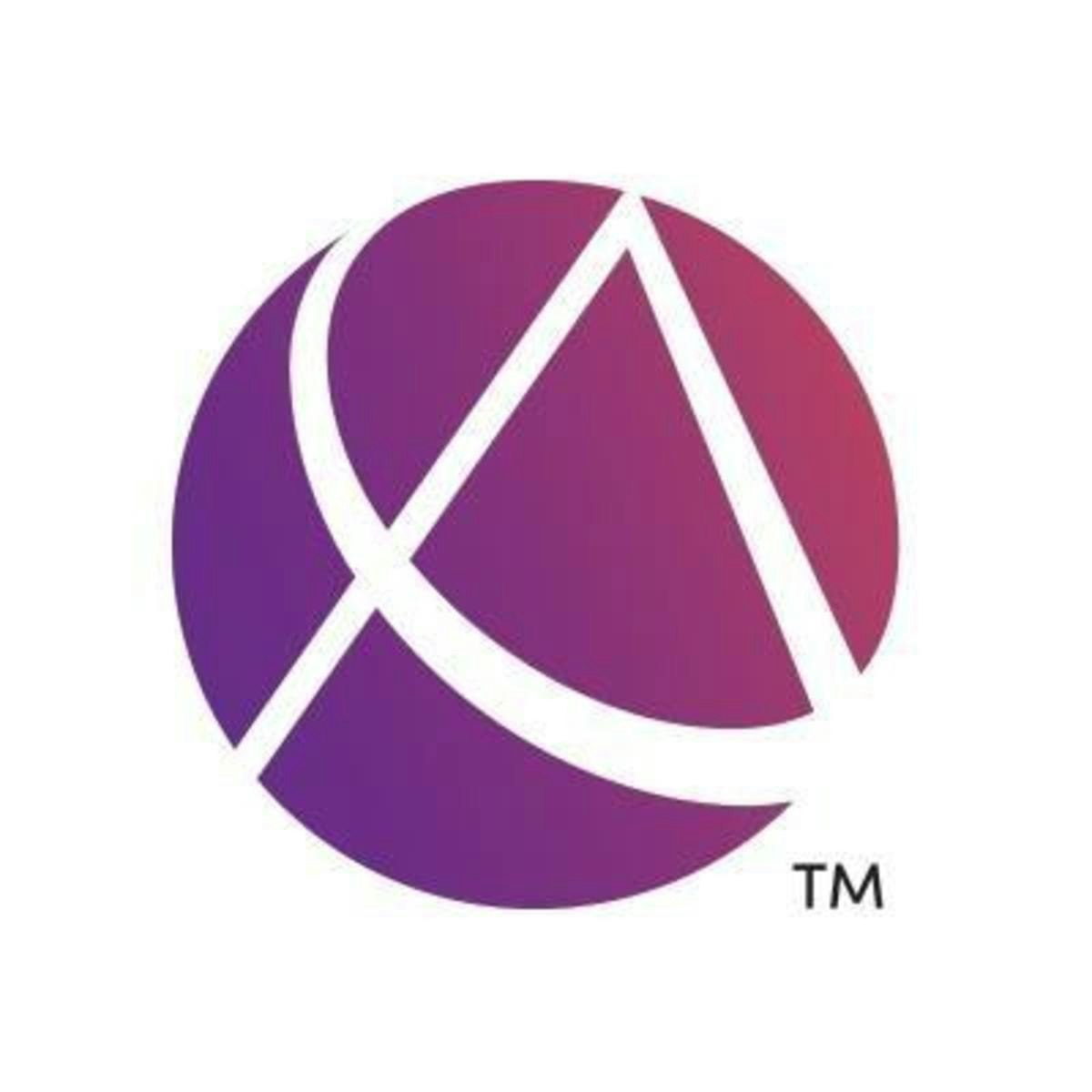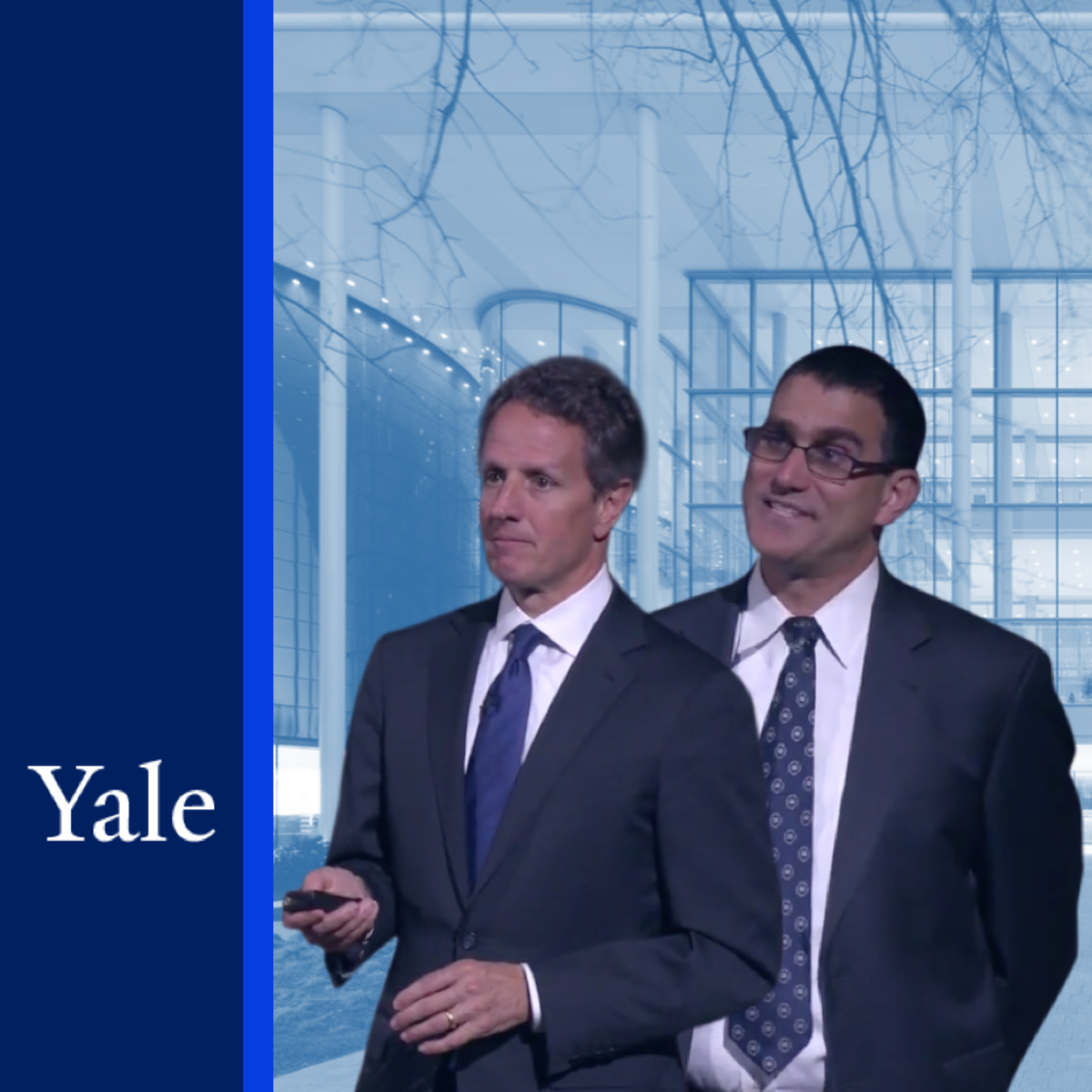Auditor
Auditor: A Comprehensive Career Guide
Auditing is a systematic and independent examination of data, statements, records, operations, and performances of an enterprise for a stated purpose. In any auditing situation, the auditor perceives and recognizes the propositions before them for examination, collects evidence, evaluates the same, and on this basis formulates their judgment which is communicated through their audit report.
Essentially, auditors act as objective evaluators, verifying the accuracy and fairness of information, often financial records. This verification process builds trust between organizations and their stakeholders, such as investors, lenders, and regulators. The role demands meticulous attention to detail, strong analytical skills, and unwavering ethical integrity.
Working as an auditor can be intellectually stimulating. You might find yourself delving into complex business processes, identifying potential risks, and ensuring compliance with intricate regulations. The work often involves interacting with diverse individuals across different departments and industries, offering a broad perspective on the business world. The satisfaction comes from upholding standards and contributing to financial transparency and accountability.
What Does an Auditor Do Day-to-Day?
The daily life of an auditor involves a variety of tasks focused on examination, analysis, and reporting. While routines can vary based on the type of audit (internal or external) and the specific engagement, several core activities are common.
Examining Financial Records and Processes
A significant portion of an auditor's time is spent reviewing financial statements, transaction records, and supporting documentation. This involves checking for accuracy, completeness, and compliance with accounting standards like GAAP or IFRS. Auditors trace transactions through accounting systems to ensure they are recorded correctly.
They also evaluate the internal controls an organization has in place to prevent errors or fraud. This might involve interviewing staff, observing procedures, and testing control activities. The goal is to understand how transactions are processed and where potential weaknesses might exist.
This detailed examination requires a methodical approach and a keen eye for discrepancies. Auditors use various techniques, including sampling and analytical procedures, to efficiently review large volumes of data.
These introductory courses cover the fundamental principles needed to understand the financial statements auditors examine.
Understanding how transactions are recorded is crucial. These courses delve into the mechanics of journal entries and the accounting cycle.
Assessing Risks and Ensuring Compliance
Risk assessment is a critical component of auditing. Auditors identify potential risks that could lead to material misstatements in financial reports or non-compliance with laws and regulations. This involves understanding the client's industry, business operations, and regulatory environment.
Based on the risk assessment, auditors design specific procedures to test areas deemed high-risk. They also verify that the organization adheres to relevant laws, regulations, and internal policies. This might involve checking calculations, confirming balances with third parties, or inspecting physical assets.
Compliance auditing specifically focuses on adherence to rules, whether they are governmental regulations (like tax laws or environmental regulations), industry standards, or internal company policies. Auditors document their findings meticulously, creating a trail of evidence to support their conclusions.
Understanding compliance and risk is fundamental. These courses offer insights into compliance frameworks and risk management.
Communicating Findings and Reporting
Auditors must effectively communicate their findings to management, audit committees, and sometimes regulators or the public. This involves preparing clear, concise, and objective audit reports that summarize the scope of the audit, the procedures performed, the findings, and the auditor's opinion.
Throughout the audit process, auditors interact with client personnel to request information, clarify issues, and discuss potential findings. Strong communication and interpersonal skills are essential for building rapport and navigating potentially sensitive conversations.
Presenting findings often requires explaining complex technical matters in understandable terms. Auditors might also provide recommendations for improving internal controls or processes based on their observations during the audit.
Building Your Foundation: Education and Certification
A career in auditing typically requires a strong educational background in accounting or a related field, often coupled with professional certifications that demonstrate expertise and commitment to the profession.
Essential Degrees and Foundational Knowledge
A bachelor's degree is generally the minimum educational requirement for entry-level auditing positions. Degrees in Accounting are most common, providing essential knowledge of financial reporting principles, taxation, business law, and auditing standards.
Degrees in Finance, Business Administration with an accounting concentration, or sometimes Economics can also serve as a pathway, particularly if supplemented with specific accounting coursework. Regardless of the major, a strong understanding of core accounting concepts, financial analysis, and business operations is crucial.
Online courses can be invaluable for building this foundation or supplementing a degree program. They offer flexibility and access to specialized topics. Platforms like OpenCourser aggregate thousands of courses, allowing learners to find resources covering everything from basic bookkeeping to advanced financial analysis.
These courses provide a solid grounding in accounting and finance principles necessary for aspiring auditors.
These books offer comprehensive insights into accounting principles and financial analysis.
Key Certifications for Auditors
Professional certifications significantly enhance an auditor's credibility and career prospects. The most recognized certification for external auditors, particularly those working in public accounting firms, is the Certified Public Accountant (CPA). Requirements vary by state but typically include specific education (often 150 semester hours), passing a rigorous exam, and gaining relevant work experience. Many resources, including online prep courses, are available to help candidates prepare.
For internal auditors, the Certified Internal Auditor (CIA) designation, offered by The Institute of Internal Auditors (IIA), is the global standard. It demonstrates expertise in internal control, risk management, and governance processes. Other relevant certifications include the Certified Management Accountant (CMA) for those focused on corporate finance and management accounting, and the Certified Information Systems Auditor (CISA) for auditors specializing in IT controls and systems.
Pursuing certification is a significant commitment but signals a high level of professional competence. Certifying bodies like the AICPA for CPAs and The IIA for CIAs provide detailed information on requirements and examination processes.
These courses cover advanced topics and specialized areas relevant to audit certifications.
This comprehensive box set is essential for those pursuing the CFA designation, which, while finance-focused, shares foundational knowledge with auditing.
The Role of Graduate Studies and Further Learning
While a bachelor's degree and certification are often sufficient, a master's degree (e.g., Master of Accountancy, MBA with an accounting focus) can provide deeper knowledge and potentially accelerate career progression. Graduate programs often fulfill the 150-hour requirement for CPA licensure and offer specialization opportunities.
The field of auditing is constantly evolving due to new technologies, regulations, and business practices. Continuous professional education (CPE) is typically required to maintain certifications and stay current. Online courses, webinars, and industry publications are essential resources for lifelong learning.
Research in auditing methodologies also contributes to the profession's advancement. Academic research explores new techniques for risk assessment, fraud detection, and improving audit quality, influencing standards and practices over time. Engaging with research findings can help practitioners stay at the forefront of the field.
These courses delve into more advanced accounting topics often covered in graduate studies or required for CPE.
These advanced texts are staples in higher-level accounting education.
Technology Shaping the Future of Auditing
Technology is profoundly impacting the auditing profession, automating routine tasks, enhancing analytical capabilities, and requiring auditors to develop new digital skills. Staying abreast of these changes is crucial for success in the modern auditing landscape.
AI, Data Analytics, and Anomaly Detection
Artificial intelligence (AI) and machine learning (ML) are increasingly used to analyze vast datasets far more efficiently than manual methods. These tools can identify patterns, outliers, and anomalies that might indicate errors or potential fraud, allowing auditors to focus their attention on higher-risk areas.
Data analytics techniques enable auditors to perform more comprehensive testing rather than relying solely on samples. Auditors can analyze 100% of transactions in certain populations, providing greater assurance. This requires auditors to understand data extraction, transformation, and analysis techniques.
Proficiency in data visualization software, such as Tableau or Microsoft Power BI, is becoming essential. These tools help auditors interpret complex data patterns and communicate findings effectively to stakeholders through intuitive charts and dashboards.
These courses explore the application of AI and data analysis in financial contexts.
Blockchain, Automation, and Cybersecurity
Blockchain technology offers potential benefits for auditing through its immutable and transparent ledger system. While still evolving, it could streamline transaction verification and enhance data integrity, changing how certain audit procedures are performed.
Robotic Process Automation (RPA) is used to automate repetitive, rule-based tasks, such as data entry or reconciliations. This frees up auditors' time for more complex judgment-based activities, improving efficiency and job satisfaction. Familiarity with RPA concepts and tools is increasingly valuable.
As businesses become more reliant on technology, cybersecurity risks are a major concern. Auditors must understand basic cybersecurity principles to assess risks related to data breaches, system vulnerabilities, and IT controls. Specialized IT auditors focus specifically on these areas.
These courses cover emerging technologies and essential software skills for modern auditors.
Mapping Your Auditor Career Path
The auditing profession offers a structured career path with opportunities for growth, specialization, and leadership. Understanding the typical progression can help aspiring auditors plan their careers effectively.
Starting Your Audit Journey: Entry-Level Roles
Most auditors begin their careers in entry-level positions, often titled Audit Associate or Staff Auditor, typically within public accounting firms or the internal audit departments of larger organizations. In these roles, individuals learn the fundamentals of audit procedures under the supervision of senior staff.
Key responsibilities include performing detailed testing of account balances and transactions, documenting workpapers, assisting with risk assessments, and learning about client businesses. Strong analytical skills, attention to detail, professional skepticism, and a willingness to learn are essential.
The initial years focus on building technical skills, understanding audit methodologies, and beginning work towards professional certifications like the CPA or CIA. Success requires diligence, adaptability, and effective communication.
These courses cover foundational auditing concepts and practices essential for entry-level roles.
Growth and Specialization: Mid-Career Advancement
After gaining a few years of experience, auditors typically advance to Senior Auditor roles. Seniors take on more responsibility, supervising junior staff, planning audit engagements, reviewing workpapers, and communicating directly with clients about findings and issues.
At this stage, auditors often begin to specialize. This might involve focusing on a specific industry (e.g., financial services, healthcare, technology), a particular type of audit (e.g., IT audit, forensic accounting, government auditing), or developing expertise in complex accounting areas.
Obtaining professional certifications like the CPA, CIA, CISA, or CFE (Certified Fraud Examiner) becomes increasingly important for career advancement and specialization. Continued professional development is crucial for staying current with evolving standards and technologies.
These courses delve into more complex auditing practices and specialized areas.
Reaching the Top: Leadership and Executive Roles
Experienced auditors can progress to management positions, such as Audit Manager or Senior Manager. Managers oversee multiple audit teams, manage client relationships, handle complex technical issues, contribute to business development (in public accounting), and play a key role in staff development.
In public accounting, the ultimate goal for many is partnership. Partners are responsible for the overall quality of audits, client relationships, firm strategy, and profitability. In internal audit, experienced professionals can become Audit Directors or Chief Audit Executives (CAEs), leading the entire internal audit function and reporting to the audit committee and senior management.
The skills developed in auditing – financial expertise, risk assessment, process analysis, and regulatory knowledge – provide a strong foundation for transitioning into broader executive roles, such as Controller, Chief Financial Officer (CFO), or Chief Risk Officer (CRO).
These books offer guidance on financial analysis and leadership relevant to senior roles.
Finding Your Niche: Industry Specializations
While core auditing principles apply broadly, different industries present unique challenges, risks, and regulatory landscapes. Specializing in a particular sector allows auditors to develop deep expertise and become more valuable advisors.
Auditing Across Diverse Sectors
Auditing financial services institutions (banks, insurance companies) involves navigating complex regulations (like Basel III), intricate financial instruments, and specific valuation models. Government and nonprofit auditing focuses on compliance with grant requirements, fund accounting, and ensuring accountability for public or donated funds.
Manufacturing audits often involve complex inventory valuation, cost accounting systems, and supply chain considerations. In contrast, auditing technology companies might require understanding revenue recognition for software and services, intellectual property valuation, and rapid innovation cycles.
Each sector demands a tailored approach, requiring auditors to understand specific industry terminology, business models, risks, and relevant accounting standards or regulations. This specialization often develops through experience on specific client engagements.
These courses touch upon specific areas like anti-money laundering (relevant to financial services) and specialized reporting or analysis.
Emerging Areas and Future Focus
New areas of specialization are constantly emerging. Environmental, Social, and Governance (ESG) auditing is growing rapidly as investors and regulators demand more transparency on sustainability performance. Auditors in this space assess ESG metrics, reporting frameworks, and related controls.
Cybersecurity auditing is another critical growth area, driven by increasing digital threats. IT auditors with cybersecurity expertise assess vulnerabilities, incident response plans, and compliance with data protection regulations like GDPR or CCPA.
Forensic accounting, focused on investigating financial fraud or disputes, remains a vital specialization. As business becomes more global and complex, the demand for specialized audit skills continues to increase, offering diverse career paths for those willing to develop niche expertise.
These courses cover areas like forensic accounting, IT standards, and compliance, reflecting specialized and emerging audit fields.
This book provides insights into forensic accounting, a key specialization.
The Pillars of the Profession: Ethics and Compliance
Ethics and compliance are the bedrock of the auditing profession. Auditors hold a position of public trust, and maintaining independence, objectivity, and integrity is paramount to their role and credibility.
Upholding Ethical Standards
Auditors must adhere to strict codes of professional conduct established by governing bodies (like the AICPA or IIA). These codes emphasize principles such as integrity, objectivity, confidentiality, and professional competence. Independence is particularly critical for external auditors, ensuring their judgments are not compromised by relationships with the client.
Managing conflicts of interest is a key ethical challenge. Auditors must avoid situations where personal interests could influence their professional judgment. This includes limitations on financial interests in clients and certain non-audit services they can provide.
Ethical decision-making requires auditors to navigate gray areas and prioritize the public interest, even when facing pressure from clients or management. A strong ethical compass is arguably the most important attribute of a successful auditor.
This course specifically addresses the ethical responsibilities crucial for accountants and auditors.
Navigating Complex Regulations and Standards
Auditors operate within a framework of established standards and regulations. Generally Accepted Auditing Standards (GAAS) provide guidelines for conducting audits, while accounting standards like Generally Accepted Accounting Principles (GAAP) or International Financial Reporting Standards (IFRS) dictate how financial information should be presented.
Regulatory bodies, such as the Public Company Accounting Oversight Board (PCAOB) in the United States (established by the Sarbanes-Oxley Act), oversee the audits of public companies to protect investors. Auditors must stay current with evolving standards and regulatory changes.
Mechanisms like whistleblower protections exist to encourage reporting of unethical or illegal activities. Auditors themselves may play a role in identifying issues that warrant such reporting, further highlighting their role in ensuring corporate accountability and compliance.
These courses cover essential standards and compliance areas relevant to auditors.
The Global Landscape for Auditors
In an increasingly interconnected global economy, the demand for skilled auditors extends across borders. Understanding the international landscape can open up diverse opportunities for professionals in the field.
Demand and Compensation Around the World
Demand for auditors remains steady globally, driven by regulatory requirements, investor expectations for transparency, and the complexities of international business. While specific needs fluctuate with economic cycles, the fundamental role of auditors ensures continued relevance.
Compensation for auditors varies significantly based on location, experience, certification, firm size, and specialization. Major financial centers often offer higher salaries but also have a higher cost of living. Reputable sources like the U.S. Bureau of Labor Statistics Occupational Outlook Handbook or salary surveys from firms like Robert Half provide insights into regional compensation trends, although global data requires broader research.
Emerging markets often present unique growth opportunities as their economies develop and regulatory frameworks mature, increasing the need for qualified accounting and auditing professionals.
Navigating International Practice
Working internationally often requires understanding different accounting standards (e.g., IFRS vs. local GAAP) and regulatory environments. While certifications like the CPA are primarily U.S.-focused, others like the ACCA (Association of Chartered Certified Accountants) or the CIA have broader international recognition.
Certification reciprocity agreements between countries can sometimes facilitate cross-border practice, but requirements vary. Professionals considering international careers should research the specific licensing and qualification rules in their target countries.
Language skills are a significant advantage for auditors working in multinational corporations or serving clients with international operations. Proficiency in languages beyond English can enhance communication and open doors to specific regional opportunities.
These courses cover international standards and transactions, crucial for global practice.
Beyond the Audit Report: Transferable Skills
An auditing career equips professionals with a versatile skill set highly valued across various business functions and industries. These transferable skills provide flexibility and open doors to diverse career paths beyond traditional auditing roles.
Core Competencies with Broad Applicability
Auditors develop exceptional analytical and critical thinking skills by dissecting complex information, identifying patterns, and evaluating evidence objectively. This analytical rigor is valuable in any role requiring data interpretation and problem-solving.
Expertise in financial analysis is fundamental. Auditors learn to read and interpret financial statements, understand key performance indicators, and assess financial health – skills directly applicable to corporate finance, investment analysis, and financial planning roles.
Risk management is inherent to auditing. Identifying, assessing, and mitigating risks related to financial reporting, operations, and compliance provides a strong foundation for dedicated risk management positions or consulting engagements.
These courses enhance core analytical and financial skills applicable beyond auditing.
Pivoting Your Career: Alternative Paths
The deep understanding of business processes, internal controls, and regulatory environments gained through auditing makes auditors attractive candidates for consulting roles, particularly in risk advisory, process improvement, or IT consulting.
Many auditors transition into corporate accounting or finance departments, taking on roles such as Financial Controller, Finance Manager, or Internal Controls Manager. The progression to Chief Financial Officer (CFO) is a common long-term goal for auditors with strong leadership skills and broad business acumen.
Specialized audit experience, such as in forensic accounting or IT audit, can lead to roles in fraud investigation, cybersecurity, or compliance departments. The discipline, ethical grounding, and problem-solving skills honed in auditing provide a solid launchpad for various rewarding careers.
If you are considering a career change, remember that the skills you've built as an auditor are highly sought after. Be confident in articulating the value you bring – your analytical mind, attention to detail, understanding of risk, and commitment to integrity. Explore different avenues, network with professionals in fields that interest you, and leverage resources like OpenCourser's Career Development section to find courses that can bridge any skill gaps for your desired pivot.
This book provides a foundational understanding of security analysis, a related field.
Frequently Asked Questions about Auditing Careers
Here are answers to some common questions individuals have when considering a career as an auditor.
Can Auditors Work Remotely?
The possibility of remote work for auditors has increased significantly, accelerated by recent global shifts. Many tasks, such as document review, data analysis, and virtual meetings, can be performed remotely. However, some aspects of auditing, like physical inventory counts, certain client interviews, or initial relationship building, may still require on-site presence.
Hybrid models, combining remote work with some office or client site time, are becoming common. Firm policies vary, and the extent of remote work often depends on the specific engagement, client requirements, and the auditor's experience level. Technology plays a key role in enabling effective remote collaboration and secure data access.
Ultimately, while fully remote auditing positions exist, many roles involve at least some in-person interaction. Flexibility is increasing, but candidates should inquire about specific firm policies during the hiring process.
Will AI Automate the Auditor's Job?
AI and automation are definitely changing the auditing profession, but they are unlikely to eliminate the need for human auditors entirely. AI excels at processing large datasets, identifying anomalies, and automating repetitive tasks, making audits more efficient and potentially more effective.
However, auditing fundamentally requires professional judgment, skepticism, ethical reasoning, and complex problem-solving – skills that AI currently cannot replicate. Auditors are needed to interpret AI findings, understand context, communicate with clients, assess complex risks, and make final judgments.
The role is evolving towards auditors leveraging AI as a powerful tool, focusing more on analysis, interpretation, and strategic advice rather than just data collection and verification. Auditors who embrace technology and develop data analytics skills will be best positioned for the future.
What Personality Traits Suit an Auditing Career?
Successful auditors typically possess a specific set of traits. Strong analytical skills and meticulous attention to detail are crucial for sifting through complex information and identifying discrepancies. Professional skepticism – a questioning mind that doesn't accept assertions at face value without corroborating evidence – is fundamental.
High ethical standards and integrity are non-negotiable, given the auditor's role in ensuring trust and transparency. Good communication skills, both written and verbal, are essential for interacting with clients and reporting findings clearly.
Auditors also need to be organized, manage time effectively (especially during busy seasons), work well in teams, and adapt to different client environments and changing regulations. Curiosity and a commitment to continuous learning are also important for staying current in the field.
Is Transitioning from Auditor to CFO Possible?
Yes, transitioning from an auditing background to a Chief Financial Officer (CFO) role is a well-trodden and respected career path. The deep understanding of financial reporting, internal controls, risk management, and regulatory compliance gained in auditing provides an excellent foundation for financial leadership.
Auditors develop a broad view of business operations and financial health across various companies or within their own organization (if internal auditors). This perspective is invaluable for strategic financial management.
However, the transition often requires developing additional skills beyond traditional auditing, such as strategic planning, capital budgeting, treasury management, investor relations, and broader business leadership capabilities. Pursuing an MBA or gaining experience in corporate finance roles can facilitate this transition.
How Does Auditing Differ Between Public and Private Sectors?
While the core principles are similar, auditing in the public sector (government agencies) differs from the private sector (corporations) in focus and objectives. Public sector auditing often emphasizes compliance with laws, regulations, and grant requirements, accountability for public funds, and program efficiency (performance audits).
Private sector auditing, particularly external audits of publicly traded companies, focuses heavily on the fairness of financial statement presentation according to GAAP or IFRS, internal controls over financial reporting (like Sarbanes-Oxley requirements), and providing assurance to investors and creditors.
Internal auditing exists in both sectors, but the specific risks and objectives addressed may differ based on the organization's mission (profit-driven vs. public service). Career paths and regulatory oversight also vary between the sectors.
What Are Common Misconceptions About Auditors?
A common misconception is that auditors are just "bean counters" solely focused on numbers in isolation. In reality, auditing involves understanding complex business processes, evaluating risks, exercising professional judgment, and communicating effectively with people.
Another misconception is that auditors are primarily looking to "catch" people doing wrong. While fraud detection is part of the role, the main objective is to provide reasonable assurance about the fairness and accuracy of information and the effectiveness of controls, fostering trust and transparency.
Some believe auditing is purely routine work. While procedures exist, applying them requires critical thinking, adapting to different situations, and solving complex problems. It's often more investigative and dynamic than perceived from the outside.
Helpful Resources for Aspiring Auditors
For those serious about pursuing a career in auditing, several organizations and resources provide valuable information, standards, and certification details.
- American Institute of Certified Public Accountants (AICPA): The primary professional organization for CPAs in the U.S., offering resources, advocacy, and information on CPA licensure. (aicpa.org)
- The Institute of Internal Auditors (IIA): The global professional body for internal auditors, setting standards and offering the CIA certification. (theiia.org)
- ISACA (formerly Information Systems Audit and Control Association): A global association focused on IT governance, risk, and audit, offering the CISA certification. (isaca.org)
- Association of Certified Fraud Examiners (ACFE): The leading organization for fraud prevention, detection, and deterrence, offering the CFE credential. (acfe.com)
- Public Company Accounting Oversight Board (PCAOB): The U.S. regulator overseeing audits of public companies, setting auditing standards for those entities. (pcaobus.org)
- U.S. Bureau of Labor Statistics (BLS) Occupational Outlook Handbook: Provides detailed information on the accountant and auditor profession, including job outlook, pay, and work environment. (bls.gov/ooh/accountants-and-auditors)
- OpenCourser: Explore thousands of online courses in Accounting, Finance, Business, and Data Science to build foundational knowledge, prepare for certifications, or develop specialized skills. Use the Learner's Guide for tips on effective online learning.
Embarking on an auditing career requires dedication, continuous learning, and a strong ethical foundation. It offers a challenging yet rewarding path with opportunities to contribute significantly to business integrity and financial transparency. Whether you are just starting to explore this field or seeking to advance your existing career, the journey involves ongoing development of technical skills, professional judgment, and adaptability in an ever-evolving business world.




